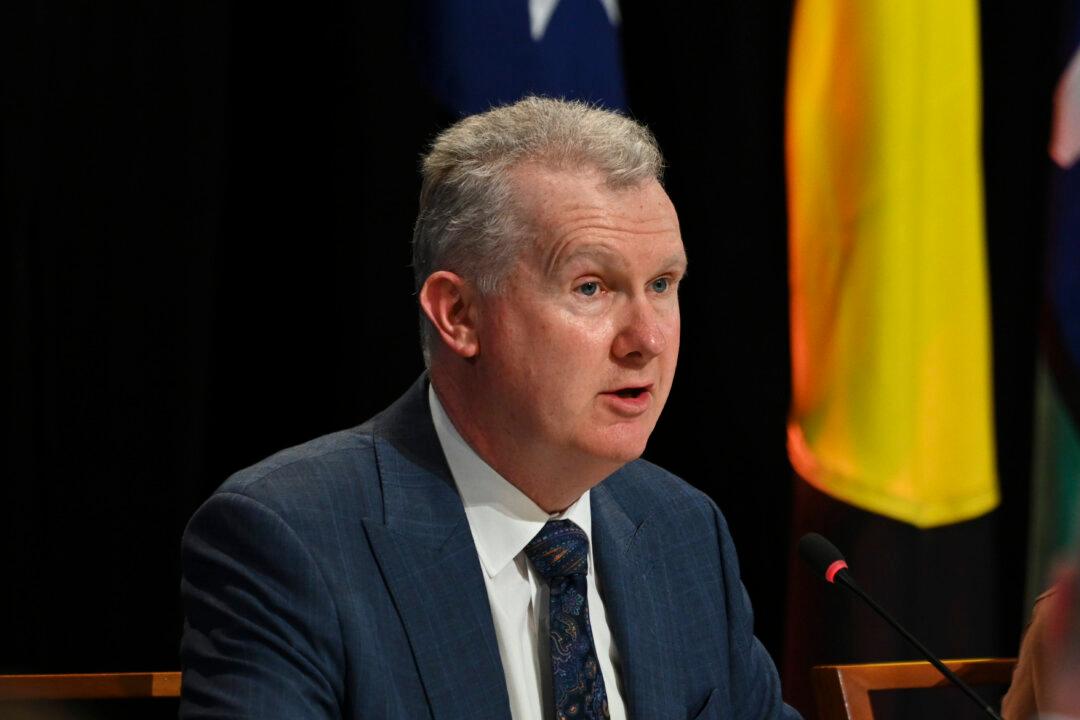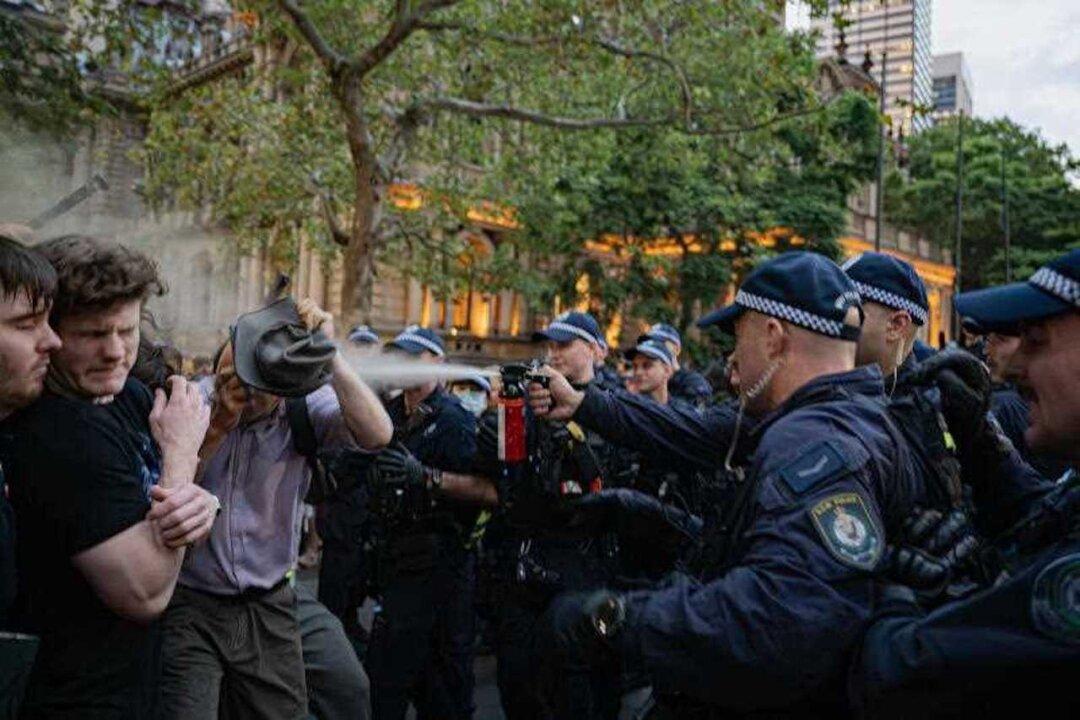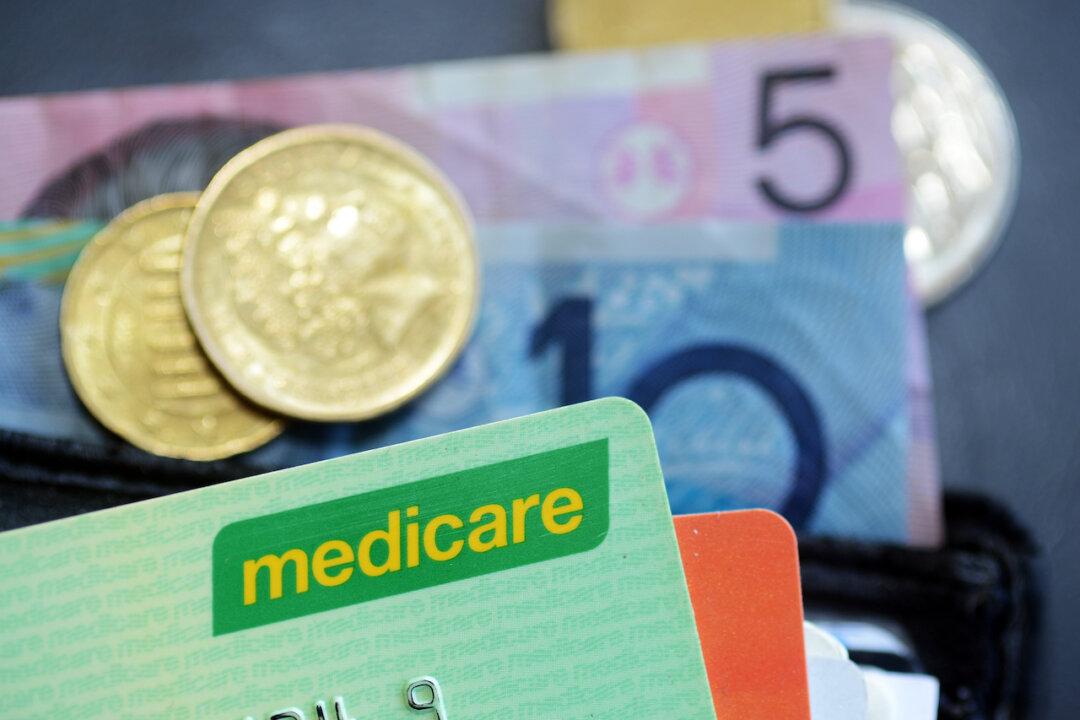Australia’s lowest-paid workers have the Albanese government’s backing for a wage boost that will stop rising living costs from eating into their pay packets.
The government is expected to flesh out its case for the lowest-paid workers in a submission to the industrial umpire’s yearly update to the minimum wage on Friday.





